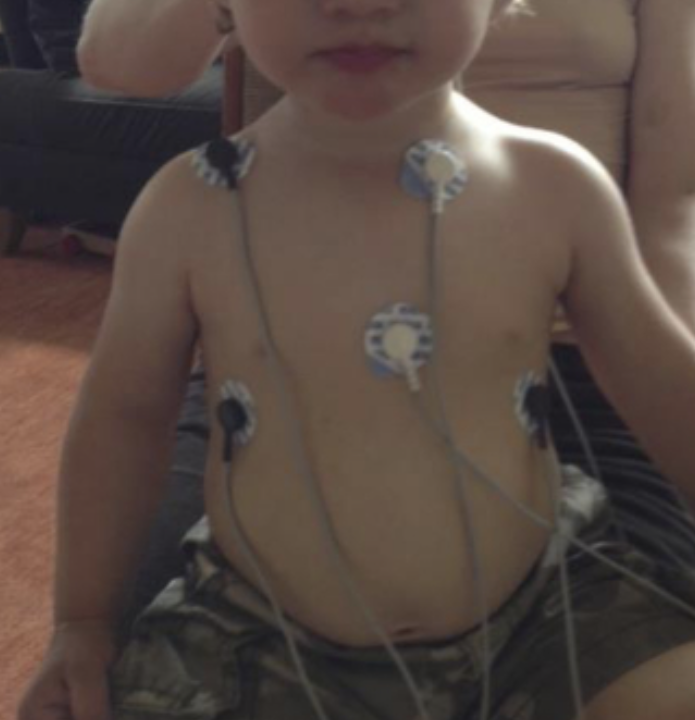Our Methods
In the SEED Lab, we use a range of methods to answer our research questions. Each study may include a combination of these techniques to help us study children’s socioemotional development within their everyday contexts.
-

Behavioral Observations
Behavioral observation is a key method in our research. We invite children and their parents to participate in a variety of games and tasks, and then use these observations to gain insight into psychological processes such as temperament, emotion regulation, and parent–child interactions.
-

Mobile Eye-Tracking
Mobile eye-trackers look just like everyday glasses! They allow us to capture where people look during natural, real-world interactions. We use these tools to better understand how attention patterns play a role in psychological processes such as social learning and emotional experiences like anxiety.
-

EEG/ERPs & Computer Games
EEG is a child-friendly method used to study neural processes by recording electrical signals from the scalp. We ask participants to play computer games while wearing EEG nets that look like astronaut hats! We then examine neural responses to specific events—such as making a mistake or seeing an emotional face—using a technique called Event-Related Potentials (ERPs).
-

EKG & Autonomic Activity
Electrocardiography (EKG) is a non-invasive method to measure heart activity. Small sensors are gently placed on the skin to record changes in heart rate during different activities. These measures help us understand how our bodies respond to emotional or stressful experiences.
-

Questionnaires
Questionnaires are great tools for understanding how individuals think, feel, and behave. We ask parents and children to complete questionnaires related to topics such as their emotions, behaviors, and relationships. These responses allow us to better understand children’s and parents’ social and emotional experiences in everyday contexts.
-

Ecological Momentary Assessments
Ecological Momentary Assessments (EMAs) are self-report measures, like questionnaires, but they are much shorter and completed more frequently, often using smartphones. By answering brief questions throughout the day, children and their parents help us understand how emotions and social experiences unfold in real time within their natural environments.
